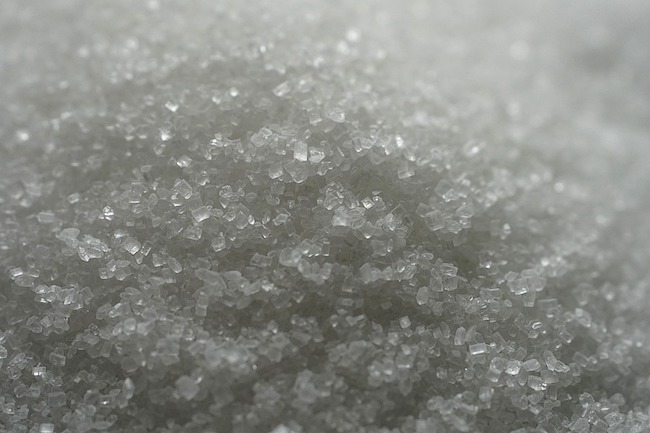Not So Sweet: Artificial Sweetener Aspartame Linked To Anxiety By John Anderer for Natural Blaze
Aspartame is used as an ingredient in over 5,000 diet foods and beverages. Now, new research from Florida State University reports the artificial sweetener may be linked to a greater anxiety risk, an animal study concludes.
Mice exposed to aspartame exhibited anxious behavior. Notably, the anxious effectsof aspartame on tested rodents extended up to two generations from the original males exposed to the sweetener.
“What this study is showing is we need to look back at the environmental factors, because what we see today is not only what’s happening today, but what happened two generations ago and maybe even longer,” says study co-author Pradeep Bhide, the Jim and Betty Ann Rodgers Eminent Scholar Chair of Developmental Neuroscience in the Department of Biomedical Sciences, in a university release.
This work was conducted, in part, thanks to previous research at the Bhide Lab focusing on the transgenerational effects of nicotine on mice. Those earlier projects indicated temporary, or epigenetic, changes in mice sperm cells. In contrast to genetic changes (mutations), epigenetic changes are reversible and don’t change the DNA sequence. Still, they can change how a body reads DNA sequences.
“We were working on the effects of nicotine on the same type of model,” Bhide adds. “The father smokes. What happened to the children?”
How aspartame affects the body
Aspartame was originally approved by the U.S. Food and Drug Administration (FDA) as a sweetener in 1981. Fast forward to today, and close to 5,000 metric tons of aspartame is produced annually. Upon ingestion, aspartame becomes aspartic acid, phenylalanine, and methanol. All three of those substances are known to have potent effects on the central nervous system.
This latest research, led by doctoral candidate Sara Jones, entailed providing a group of mice drinking water containing aspartame. The water given to the rodents registered at approximately 15 percent of the FDA-approved maximum daily human intake. That dosage, which is roughly equivalent to six to eight 8-ounce cans of diet soda a day for a human, was provided to the mice for 12 weeks, but the greater study spanned four years.




